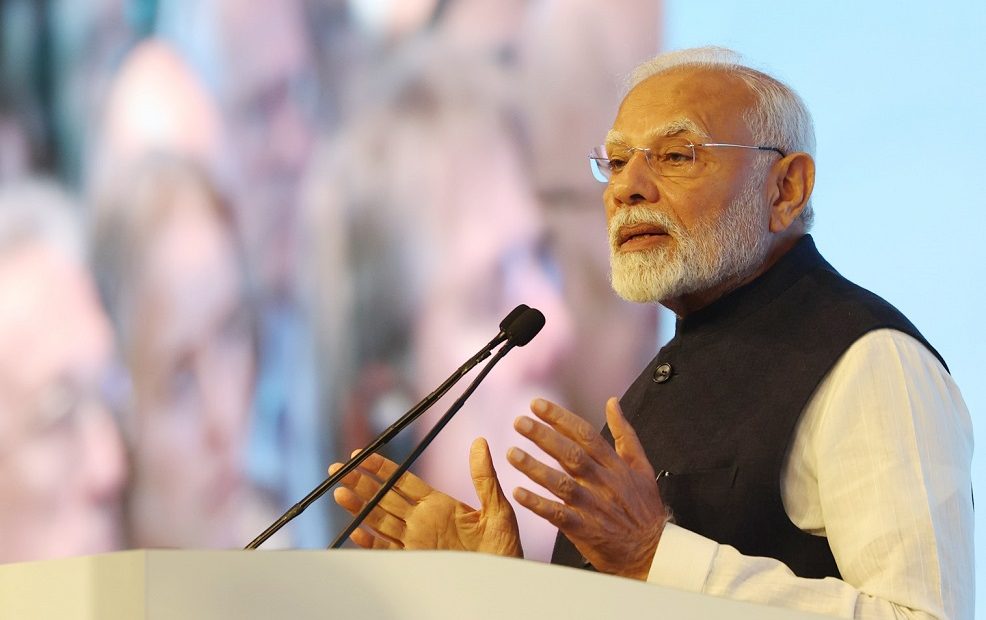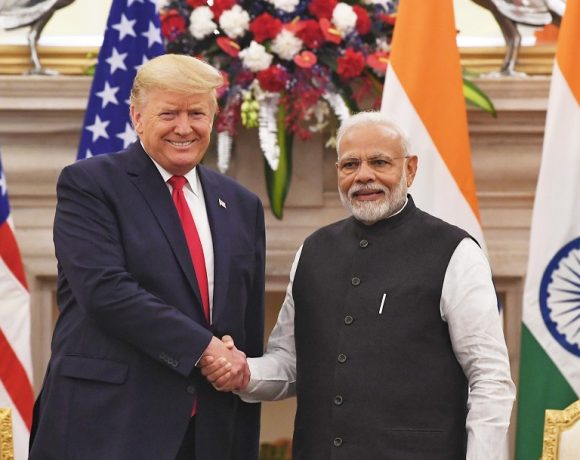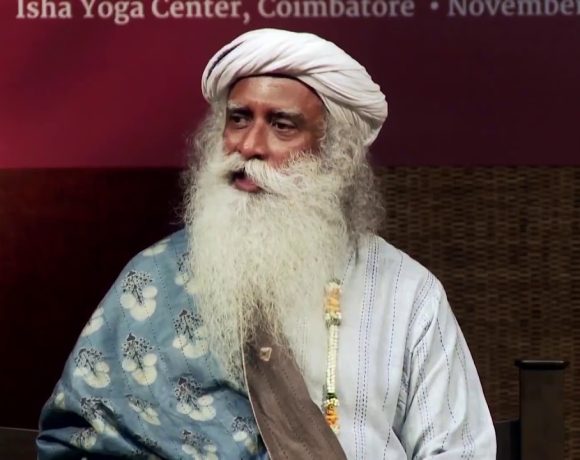
PM Modi Calls Waqf Amendment Bill a ‘Watershed Moment’ for Inclusive Growth
Prime Minister Narendra Modi has described the passage of the Waqf (Amendment) Bill, 2025, as a “watershed moment” for socio-economic justice and inclusive development. The bill cleared both Houses of Parliament following intense debate, with the Rajya Sabha passing it after a 13-hour session and the Lok Sabha approving it with a narrow margin.
PM Modi Stresses Transparency and Empowerment
In his statement, the Prime Minister said the bill would significantly benefit underprivileged sections of society, particularly economically weaker Muslims and Muslim women. He emphasized that the legislation is aimed at bringing transparency, accountability, and efficiency to the management of Waqf properties across the country.
The Waqf Amendment Bill introduces reforms in how Waqf assets—charitable endowments used primarily for the welfare of the Muslim community—are administered. The government has positioned the bill as a means to combat corruption and mismanagement, while ensuring that the benefits of these properties reach the intended sections of society.
Opposition Terms Bill “Anti-Muslim”
Despite government assertions, the bill drew strong criticism from opposition parties including the Congress, TMC, and DMK, who alleged that it would pave the way for the encroachment or misuse of Muslim religious properties. They termed the legislation “anti-Muslim” and “unconstitutional,” warning of potential exploitation by private entities.
Union Minority Affairs Minister Kiren Rijiju, defending the bill in Parliament, called it a “historic reform” that would empower the Muslim community rather than harm it. He dismissed allegations of ulterior motives, stating that the goal is to bring clarity and better oversight to the existing Waqf system, which has faced longstanding issues related to transparency and governance.
With the bill now awaiting presidential assent, the government maintains that the move is part of its broader vision of inclusive governance and minority empowerment. While it remains a contentious subject politically, the government argues that the reforms will modernize Waqf management and ensure that religious endowments are used effectively for the welfare of the community.


















